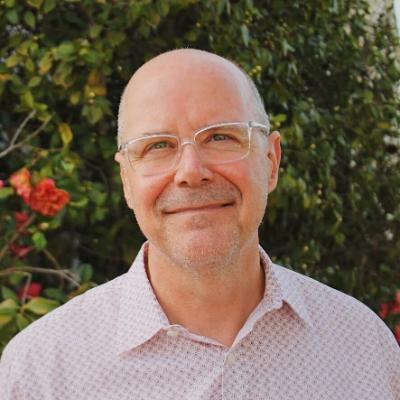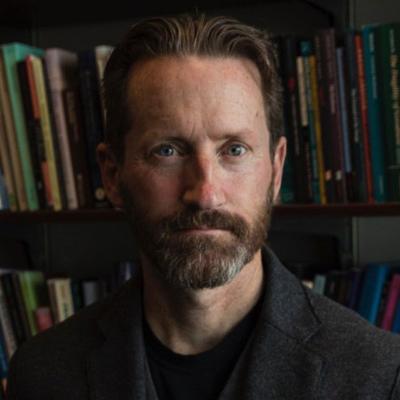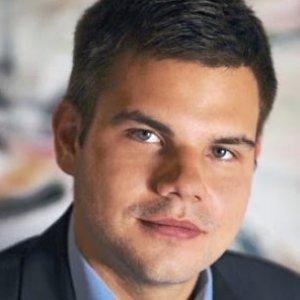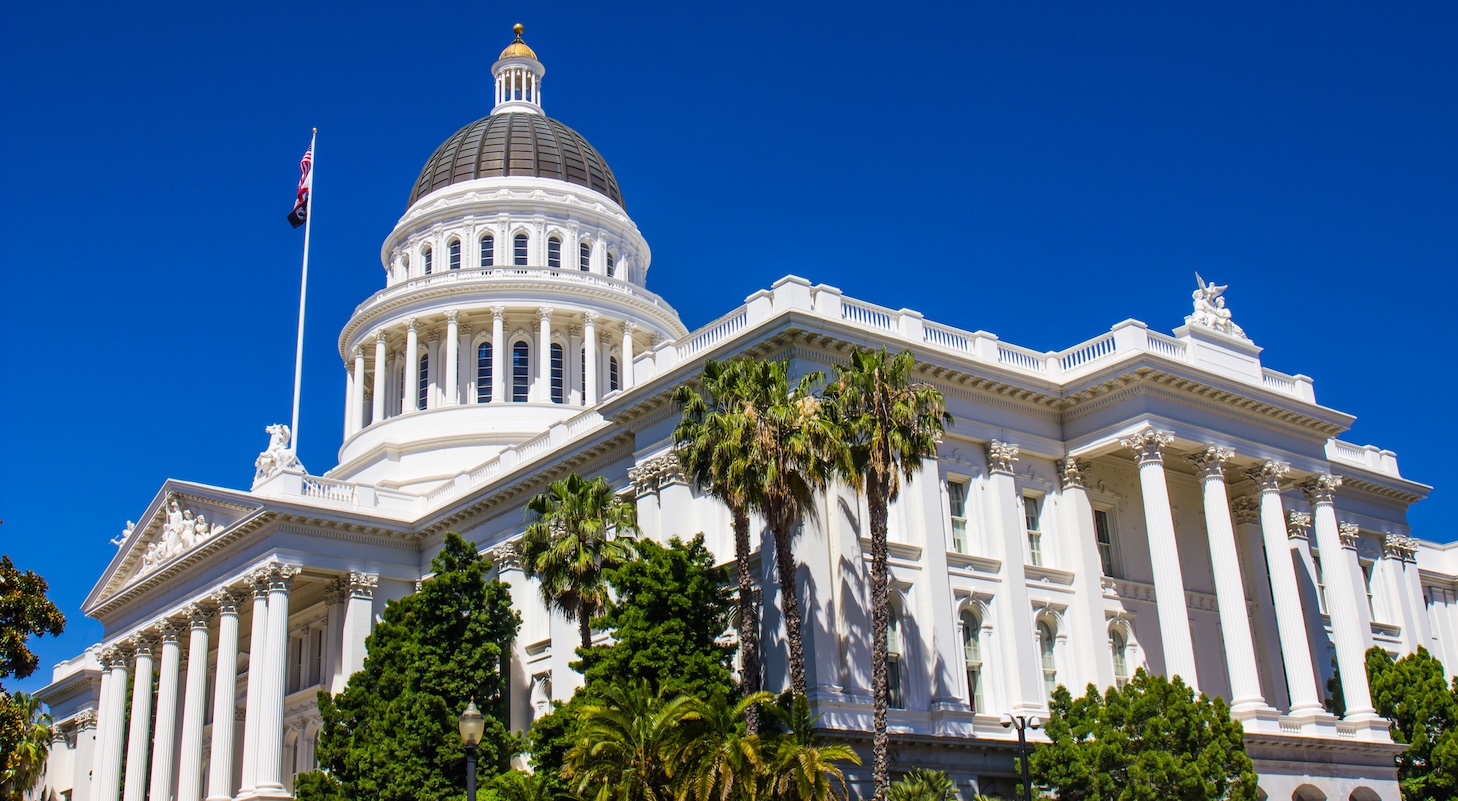
Philosophy, Politics, and Economics (PPE)
The Philosophy, Politics, and Economics (PPE) major fosters a culture of interdisciplinary scholarship, providing opportunities for students and faculty to engage in collaborative research that bridges philosophy, political science, and economics.
Philosophy, Politics, and Economics
Forbes calls the Philosophy, Politics, and Economics (PPE) major the hottest undergraduate degree today. PPE offers a dynamic, interdisciplinary education that equips students with the analytical tools and global perspective needed to tackle today’s most pressing challenges—from inequality to climate change. Drawing on the strengths of BCLA’s Philosophy, Political Science, and Economics Departments, the program blends rigorous academic training with real-world application through internships, service-learning, and international coursework. With a strong emphasis on critical thinking, ethical reasoning, and global awareness, PPE graduates are well-prepared for impactful careers in law, government, public policy, business, and beyond.
Students in the Major Will...
Be part of a supportive cohort of 15-20 peers who seek an interdisciplinary education, share an aspiration to public service or leadership roles, or plan to apply to graduate or professional school.
Critically analyze and address complex societal challenges through an interdisciplinary framework. Our program fosters ethical reasoning, critical thinking, and problem-solving skills, equipping students to tackle issues such as inequality, governance, and global economic stability
Engage in service learning, internships, and community projects to strengthen your commitment to public service and social justice. We emphasize effective communication and enable students to clearly and persuasively share ideas with diverse audiences
Prepare to respond thoughtfully to a rapidly changing and interconnected world. Students gain a thorough understanding of public institutions and global systems, supported by language proficiency and culturally diverse coursework
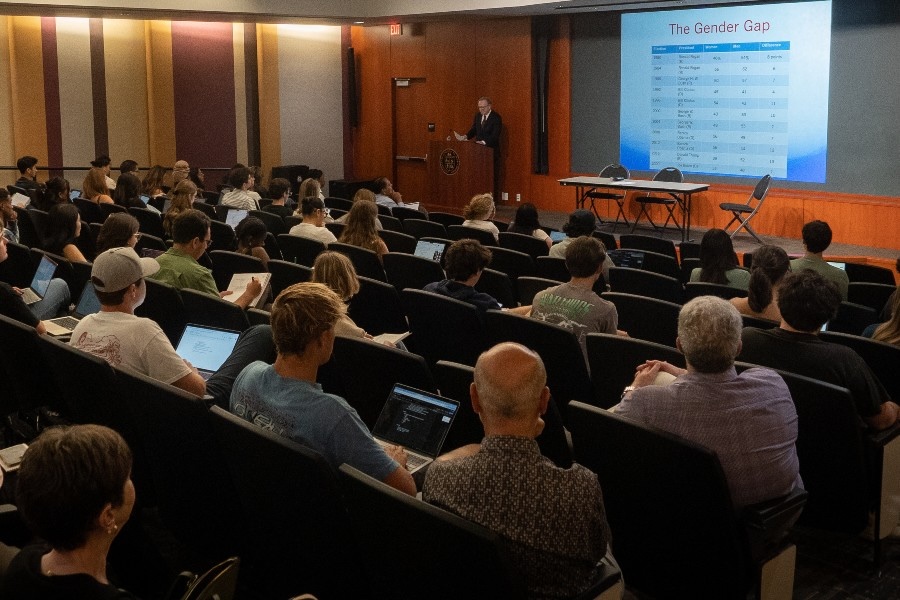
Admission Requirements
All undergraduate students at LMU will be eligible to enroll in the PPE Major. Students who wish to switch majors will speak to the director will sign the student’s Change of Program form provided the student meets certain academic standards that include having a minimum LMU GPA of 2.0 (C) and not otherwise on academic probation.
Program Curriculum
The PPE curriculum consists of 12-14 courses, totaling approximately 48-56 units (20-24 lower-division units, and 28-32 upper-division units). Students will follow a set of required coursework in Philosophy and Economics, and successfully complete the Political Science Minor coursework. Two courses (PHIL 3130 and PHIL 3800) are specific to the major. PPE majors may not minor in POLS, PHIL, or ECON.
Course Requirements
Lower Division Requirements
24 units, 20 units excluding FPHI
- ECON 1050 Introduction to Economics (Understanding Human Behavior)
- ECON 2300 Introductory Statistics (Quantitative Reasoning)
- PHIL 1800 Philosophical Inquiry
- PHIL 2010 Logic
- Two (2) POLS minor electives (one from POLS 1200, 1400, 1600, 2000, or 2100)
Upper Division Requirements
28-32 units
- PHIL 3130 Ethics of Public Life (Ethics and Justice Core)
- Either:
- PHIL 3160 Political Philosophy, or
- PHIL 3165 Philosophy of Law
- PHIL 3800 PPE Colloquium (1-unit course)
- Three (3) POLS minor upper division electives (3000-level or higher)
- Two (2) ECON upper division electives (3000-level or higher)
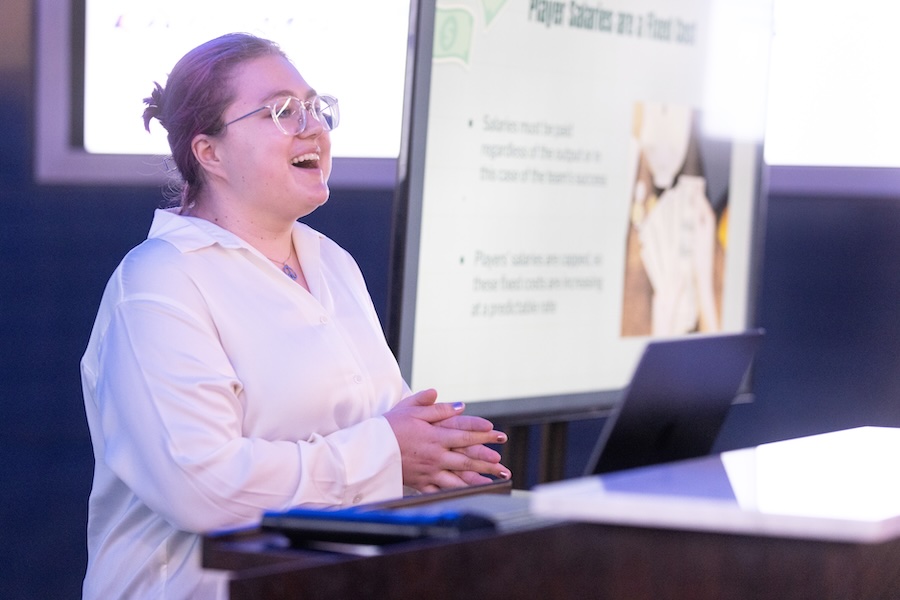
Learning Outcomes
Critically analyze and apply ethical theories to complex political, economic, and social issues, demonstrating a commitment to ethical public service. Participate in service learning, internships, and community engagement.
Integrate knowledge and methods from philosophy, political science, and economics to develop comprehensive solutions to public policy and service challenges.
Gain a deeper understanding of the institutions and structures that shape political and economic choices, policies, and outcomes.
Develop strong oral and written communication skills to effectively articulate ideas, advocate for policies, and engage with diverse audiences in the public sphere.
Employ critical thinking skills to evaluate and address real-world issues, using interdisciplinary approaches to propose innovative and practical solutions.
Become proficient in a second language to engage effectively in global cultures and international public service roles.
